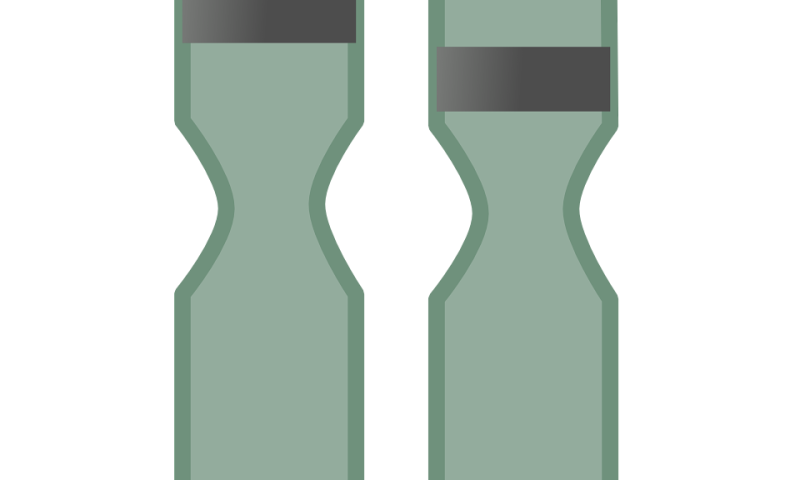Study reveals an ancient Achilles heel in the human genome

In a major study published today, researchers at deCODE genetics use whole-genome data from 14,000 people from across the population of Iceland, including 1500 sets of parents and children, to provide the most detailed portrait to date of how sequence diversity in humans is the result of an evolving interaction between sex, age, mutation type and location in the genome. "Parental influence on human germline de novo mutations in 1,548 trios from Iceland" is published today in the online edition of Nature.
"This is an important new chapter in our ongoing work to understand the mechanisms driving genomic diversity and through that the evolution of our species," said Kari Stefansson, CEO of deCODE and senior author on the paper. "De novo or new mutations provide an important part of the substrate for evolution, launching a constant flow of new versions of the human genome into the environment. However, they are also believed to be responsible for the majority of cases of rare diseases of childhood. Providing a comprehensive catalogue of such mutations from across an entire population is therefore not just scientifically interesting but also an important contribution to improving rare disease diagnostics."
Today's study shows that in about 10 percent of the genome, the de novo mutations coming from the mother equal in number the ones coming from the father. Most of the maternally derived de novo mutations in these regions are C-to-G (C>G) mutations and are rooted in flaws in the repair of double-strand breaks. The density of C>G SNPs in this 10 percent of the genome is also very high, with considerable variability in the frequency of the less common allele. This indicates that these regions of the genome have been vulnerable to double-strand breaks for a very long time. These same regions of the genome also show a high density of C>G SNPs in chimpanzees, less so in gorillas, and not at all in orangutans.
"The frequency of de novo mutations in this 10 percent of the genome is almost twice that in the rest of the genome. By definition the attributes conferred on us by genes in this region must evolve faster than other attributes," Dr Stefansson added.
This study leverages deCODE's unique genetics resources in Iceland to build upon earlier results linking parental age and sex to variability in recombination and various types of mutation. De novo mutations are so called because they are generated during the formation of eggs and sperm, they can be passed to offspring but are not seen in the parents. The deCODE team was able to develop such a large dataset and catalogue of these mutations correlating whole-genome sequence data from thousands of individuals and multiple generations of families with information on the age of parents at the time their children were born.
More information: Hákon Jónsson et al. Parental influence on human germline de novo mutations in 1,548 trios from Iceland, Nature (2017). DOI: 10.1038/nature24018



















